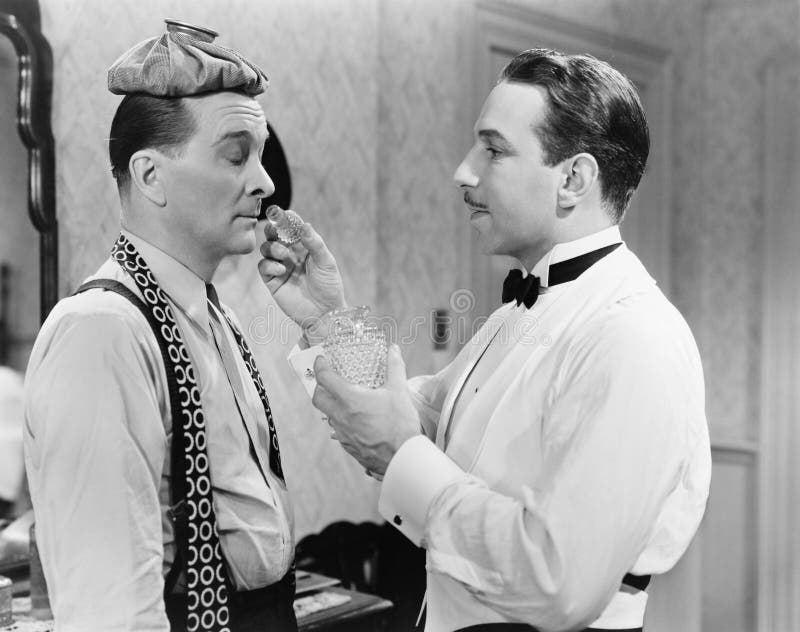Last month President Biden proposed a new plan to cancel certain college loan debt. The new plan is more limited than the approach that was struck down by the Supreme Court last year, and will target certain groups in hopes of avoiding a similar negative result in court. (According to the article linked above, one of the groups that would receive relief is borrowers who attended “schools of questionable value,” which seems like an odd policy choice–but that’s not the point of this post.) The new proposal has already been challenged in court by states who contend that the President has exceeded his designated authority.
While courts consider the constitutionality of the student debt forgiveness initiative, the plan is also going through the “notice and comment” process that applies when the federal government issues new regulatory proposals. The “notice and comment” process is designed to allow people who may be affected by proposals to weigh in on the terms of the new regulations and–theoretically at least–allow the federal government to revise the proposal, or its specific terms, in response to the comments received.
We’ll have to see whether that happens in this case, but one thing is clear: student debt forgiveness must be a hot button issue, because tens of thousands of people have left public comments. The avalanche of feedback has set a new record for comments on regulatory proposals dealing with student aid, and the comment period isn’t even closed yet. You can read some of the comments, on both sides of the proposal, in the articles linked above in this paragraph. Not surprisingly, students who feel saddled with debt are in favor of the proposal, and the people who don’t have such debt are opposed because they don’t think the federal government, and ultimately all taxpayers, should pick up the tab.
It’s pretty amazing that so many individuals–34,000, at last count–would leave so many comments on a regulatory proposal. It makes you wonder whether the President’s student loan proposal, assuming it survives judicial scrutiny, will be a significant issue in the upcoming presidential election. It’s obviously a proposal that a lot of people feel passionate about–passionate enough to leave a public comment with a regulatory agency.












